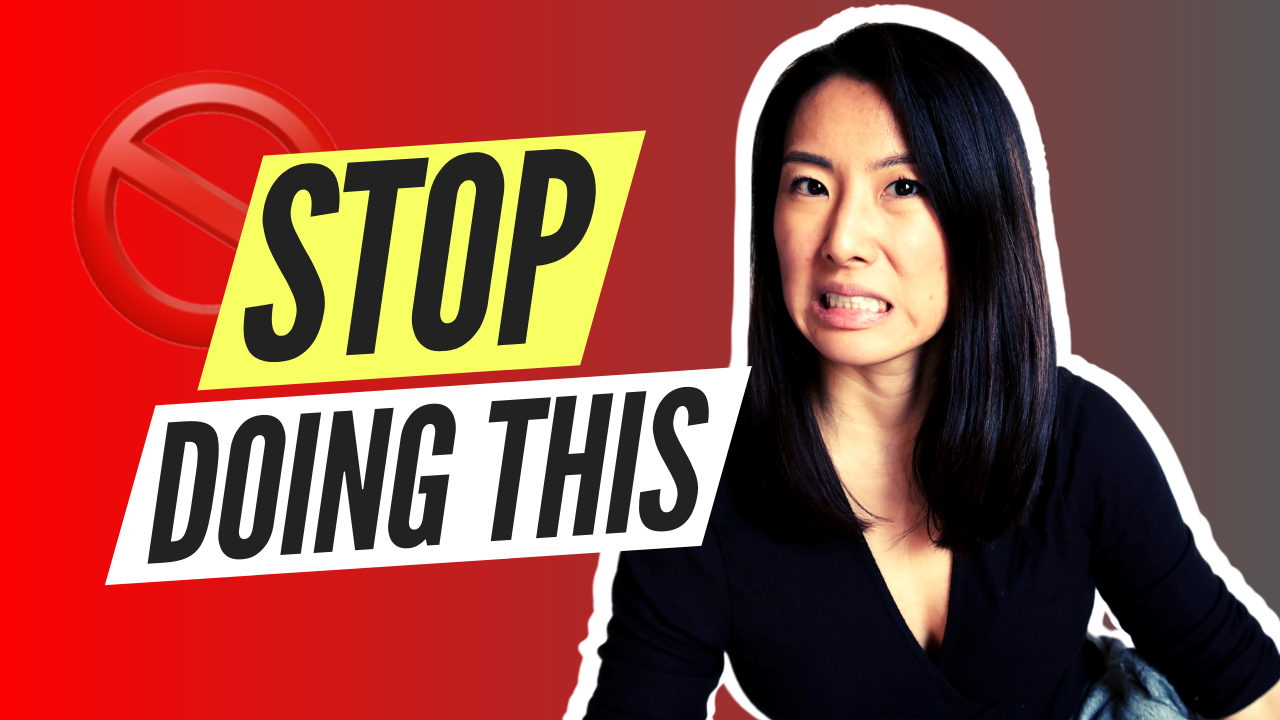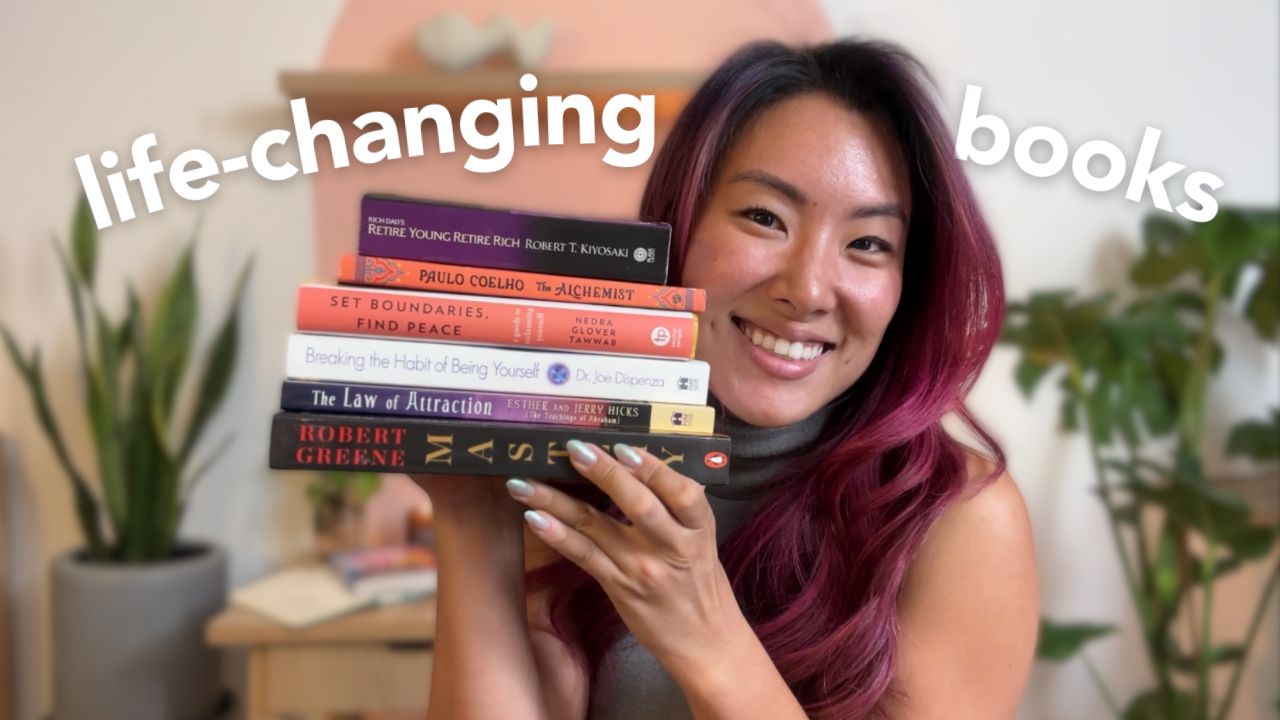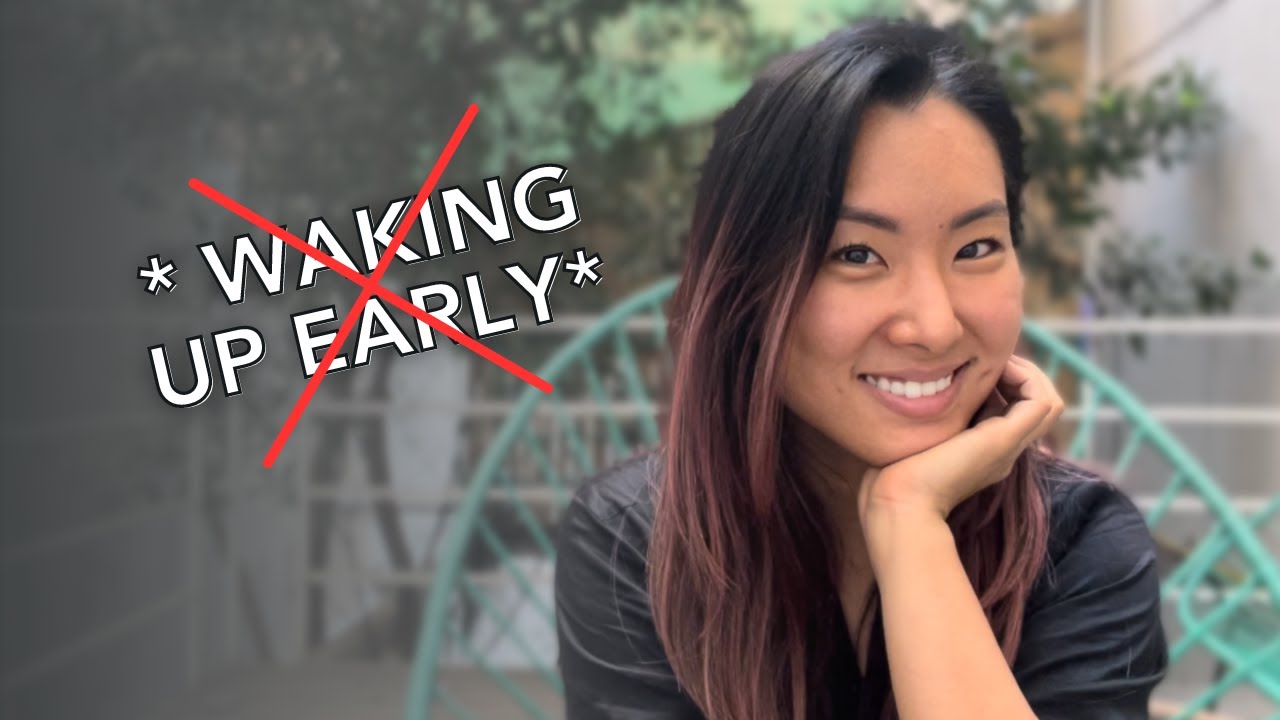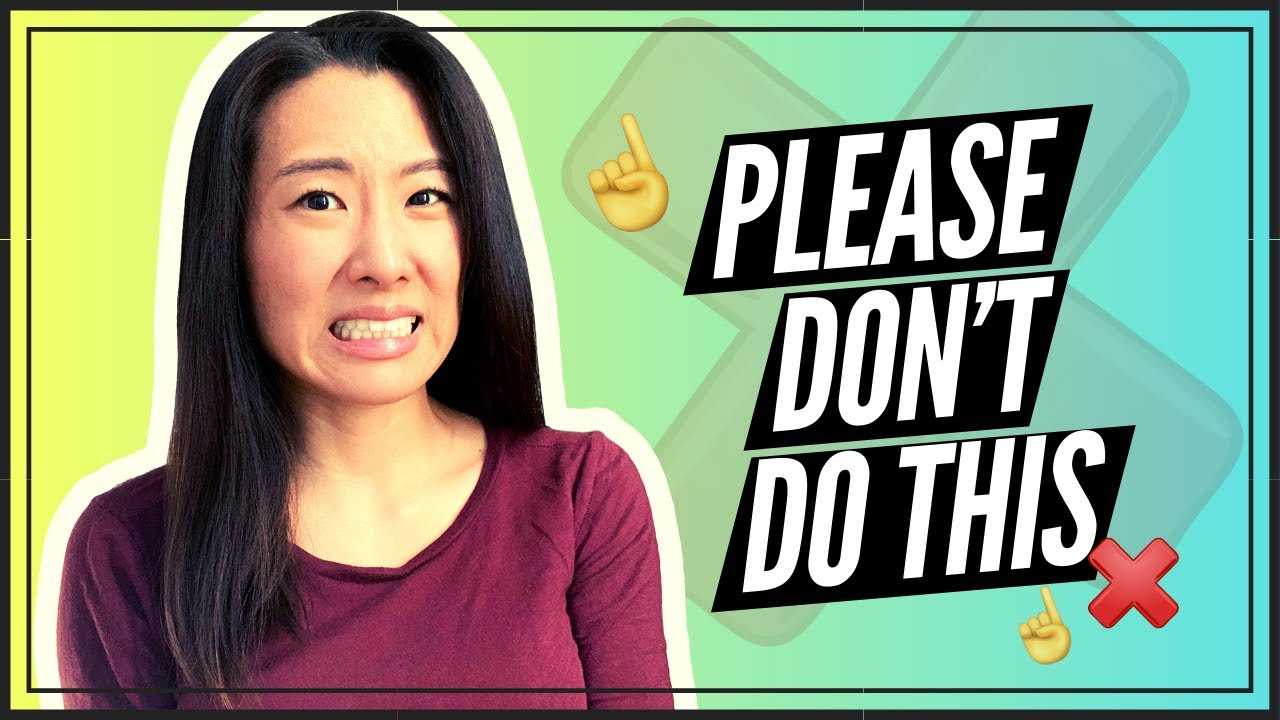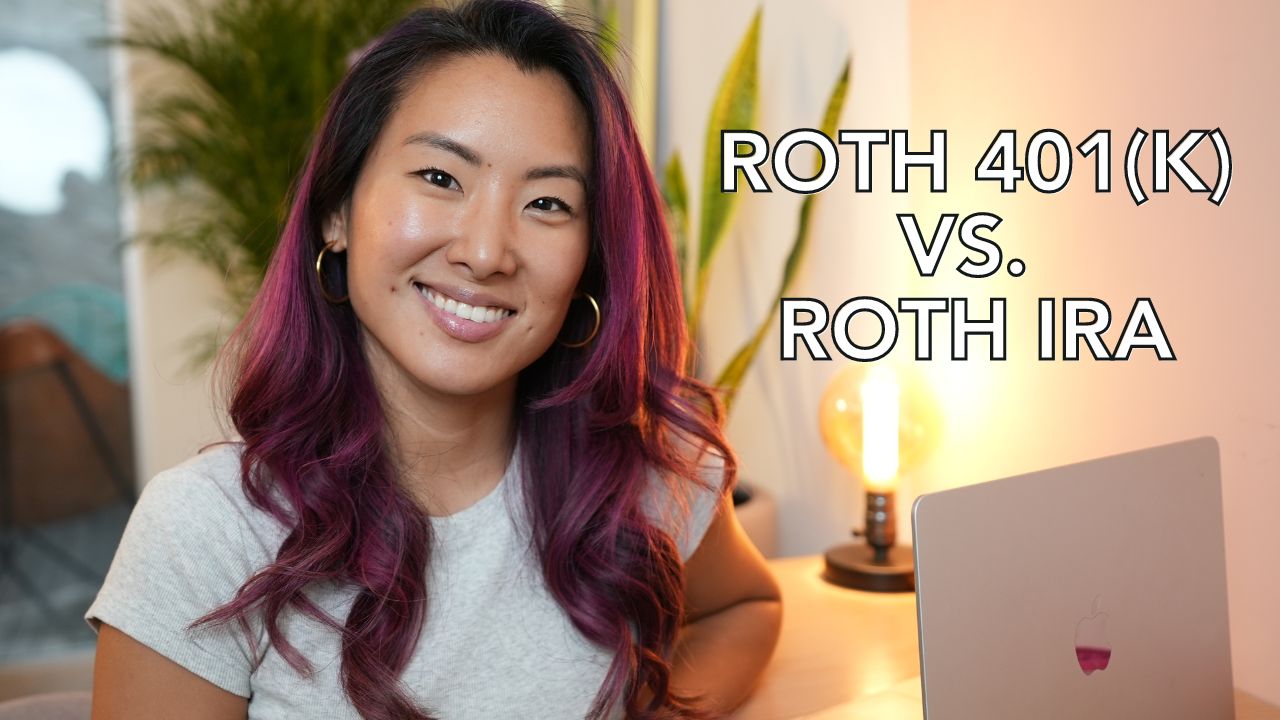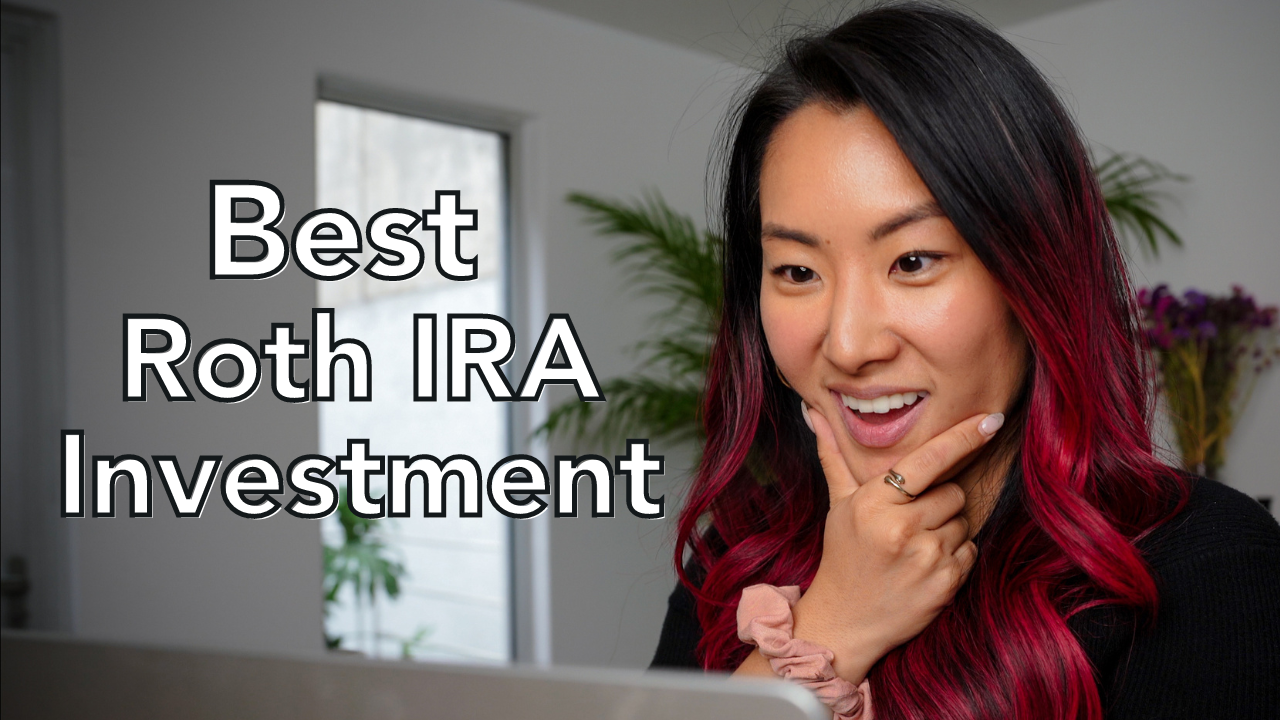Most of what we do on a daily basis is automatic, like brushing your teeth. You don’t even think about it, and most of the time you don’t even realize that you’re doing it. This is especially true with how you handle your money. In this article, I’m going to talk about eight money habits that keep you poor. Before recognizing these eight bad money habits, I was always in debt and had trouble saving any money, but once I realized what I was doing, I started replacing bad money habits with good money habits and that’s exactly what helped me pay off $80,000 of student loans in just a few years and to finally start investing my money so that I could work smarter, not harder.
How to replace bad money habits into good money habits?
Your habits have ripple effects that get compounded over time and they ultimately determine who you become and whether you’ll end up rich or poor. That’s why it’s super important to recognize any bad money habits you have early on and replace them with good money habits. So hit that like button and let’s get started.
Money Habit One
Money habit number one is paying yourself last. Here’s what I mean by this. As soon as you get paid, you pay your rent, your phone bill, your gym membership, you go out to dinner, you buy something nice for yourself and you’re planning to save if there’s any money left at the end of the month. The problem is there’s never any money left to save. Sound familiar?
People who get ahead financially do the exact opposite. They pay themselves first. That means that before they start paying their bills, swiping their cards left and right and giving money to everyone else and their mother except for themselves, they put a portion of everything they make into their own pockets first. Then they pay their bills and live on what’s left. They prioritize making themselves richer versus making other people richer. People who are good at saving money all understand something called Parkinson’s law.
Parkinson’s Law
Parkinson’s law is the principle that demands will always expand to consume all available resources. That’s why if you have a week to finish a project, you end up taking all that time to finish it and you were probably pretty inefficient with your time. Whereas if you have just one hour to finish that same project, you’ll be super focused and efficient and still get it done. So work expands to consume all available time, and it’s the same with money. Your spending will expand to consume all available money. Whether you have $100 or $100,000, your expenses will keep increasing to consume all the money that you have.
That’s why making more and more money isn’t always the answer and saving money after you do all your spending is just not going to work because your spending will always rise to just eat up all that money. You got to pay yourself first. You got to treat saving money like a bill. So as soon as you get paid, commit to setting aside 10% or whatever percentage that you can handle and put that towards savings and investments and then just live on what’s left. So if you want to stop letting money slip through your fingers and you actually want to start keeping some of what you make for yourself, then give up money habit number one for good.
Money Habit Two
The next money habit to give up is trying to keep up with friends who have expensive tastes. So do you have friends who always want you to go out to expensive restaurants and go shopping with them and go on trips with them and stay in nice hotels? If you have friends with bigger budgets than yours, then it’s okay to be authentic and say just, “Hey, I can’t do that because I’m working towards some financial goals right now and I need to save money. It’s not on my budget. If they’re real friends, they’ll understand. Everyone has very different levels of taste as well as very different budgets. So trying to keep up with everyone around you is going to leave you broke and in debt. This includes friends as well as people you see on social media.
The reality is the average American has very little in savings and an average of $38,000 in debt, and that’s not even including mortgages. So a lot of what you see in terms of amazing lifestyles on social media and whatever is often just an illusion. In fact, I personally know someone who is always posting Instagram photos of herself traveling to all kinds of exotic locations and it really looks like she has this glamorous, awesome life. But the reality is she has $20,000 in credit card debt and has zero in savings and investments.
So don’t be fooled. A lot of what you see is not real and chasing experiences just so you can post a cool photo on Instagram or look good to everybody else is a recipe for ending up broke. I think it basically comes down to this. Would you rather look rich or would you rather be rich? If you dream about becoming financially independent one day, you have to stop caring what everyone else thinks about you because no one else is going to make it happen for you but YOU. Just learn how to speak up for yourself. Don’t be afraid to turn down invitations or don’t be afraid to just suggest cheaper activities for you and your friends because chances are people will respect you for having your priorities straight and it will probably inspire them to reassess their financial priorities as well.
Money Habit Three
The third money habit to give up is putting everything on your credit card for the cashback rewards and award miles. Now, don’t get me wrong, credit cards are amazing. I love my credit card. I haven’t paid for a flight in years, thanks to the award miles that I rack up on my United Explorer Card. But oftentimes I find that people end up spending way more on their credit card than they would have spent otherwise and that basically just cancels out all the benefits of having these credit card rewards. I am freaking guilty of this as well. When I’m considering whether to make a purchase or not, sometimes I find myself justifying it because I’m like, “Hey, well at least I’ll get miles for it” and this is even if I can’t actually afford it.
So this is a very, very, very slippery slope. Ever since I realized this pattern, I’ve just stopped putting everything on my card and here’s what I do instead. For everyday small items like coffees and cab rides, I just pay for it with my debit card in cash. But if there’s anything that’s $100 or more like facials and hotels, courses, things like that, I basically put it on my credit card to get the award miles, but then I paid off immediately like within seconds of making the purchase and I just do it all on my phone. That way it forces me to only buy things I can afford to pay for in cash while also allowing me to get those award miles and turn all those amazing credit card benefits.
Before I started doing it this way I would usually just rack up a balance and then every month I’d just be shocked at how much I’d spent because putting things on plastic really has a way of just making you spend a little too mindlessly, especially if you’re justifying your spending because of the rewards. So the money habit to give up is to make sure you only put things on your rewards credit card if you have the money to pay for it in cash and don’t justify the purchase just because of the points or the award miles.
Money Habit Four
Money habit number four is having disorganized finances. Having disorganized finances is basically another way of keeping your head in the sand. If you have credit cards open everywhere, student loans that you don’t really know the balance for and you’re not really sure what you’re spending every month, then it’s really time to consolidate. There’s a lot of really awesome apps out there that make it super easy to track all your financial stuff. For example, I used to use Mint and I really liked it. You can connect your bank accounts and your credit cards and they’ll look at your spending and your income and tell you what your spending looks like every month and you can also put in all your accounts and look at your net worth and how it changes over time. It really only takes a few minutes to set up. It’s totally worth your time.
Ever since I’ve actually switched over to tracking my finances in a spreadsheet versus in apps because I’m just a big nerd and I love my spreadsheets and I look at my spreadsheet to update my net worth every month. That way I can see the progress that I’m making month by month and not only is this hugely motivating, but it also forces me to keep my finances very organized because I know where all my money is at all times. Something else that helps with keeping your finances organized is choosing a financial institution that offers a wide range of services so that you can do all your financial stuff in one place. The less online usernames and passwords you have to keep track of, the better.
For example, I have my personal checking account as well as most of my investment accounts like my Roth IRA and my HSA, etc… I have all of that at Fidelity so I could access all my financial stuff with one username and it was really convenient. Another place that offers a full suite of services is Betterment, which offers a checking account, a high yield savings account, as well as different investment, accounts for all your financial goals. Either way with technology and all these amazing new platforms, it’s really not hard to get and stay organized with your finances.
The key is to just get up that courage to really look at where you stand financially. And I know it can be a humbling and sobering moment for some people, but until you know what your starting point is, it’s impossible to get to where you want to be. How can you get to where you want to be if you don’t know where you are now? So give up the habit of staying confused about your finances. Build a habit of staying organized and looking at your numbers regularly.
Money Habit Five
Money habit number five is numbing yourself to debts. We live in a society where practically everybody has debt. It’s become totally normal for someone in their twenties to have tens of thousands of dollars of student loan debt and it’s totally normal for someone in their forties to have a mortgage, a car loan, credit card debt, and possibly even be paying off their student loans still. But listen up, just because everyone else lives with debt doesn’t make it okay for you to live with debt either.
When I was applying to colleges, I had the option to go to USC, which is a school in LA on a full ride for my tuition. However, the school that I really wanted to go to was NYU and I chose to go to NYU because that’s the school that I really wanted to go to except that I didn’t get anywhere near as much in scholarships to NYU as I did to USC.
Honestly, sometimes I wonder where I would be if I’d just gone to USC and didn’t graduate with student loans. Don’t get me wrong, I don’t have any regrets. I really loved going to NYU, but because debt is so normalized in our society, I just didn’t even think twice about signing away my life to student loans as an 18-year-old. It’s crazy.
Bottom line, don’t get into debt if you don’t have to. Just pay for things in cash. Don’t do things if you can’t afford it, don’t go into debt for college unless you absolutely have to and you know you’ll get a job that will allow you to pay that off quickly. Don’t get a car loan to buy a car, don’t get a mortgage if you’re still paying off student loans. It’s just too much. America is one of the wealthiest countries in the world. Yet somehow it’s considered okay to have craploads of debt. These days, the status quo is to live with debt but don’t settle for the status quo. Do whatever you need to do to live debt-free.
Money Habit Six
Money habit number six is paying extra due to a lack of planning. I used to be the queen of cheap $10 umbrellas because I always forgot to check the weather and I just ended up getting caught in the rain and having to run into a drug store to just buy another umbrella despite having multiple umbrellas at home. Not planning in advance and being caught unprepared always ends up costing you money. So this could be things like having to take an Uber instead of using your subway card. It could also be like paying overdraft fees because you didn’t check your account balance. Another way is you put things on a credit card and you just end up paying all these interest charges because you didn’t set money aside for unexpected expenses.
Now, I’m all about YOLO and living spontaneously, but if you’re always having to buy things you already have at home or just paying extra fees and interest because you’re unprepared, then just take a few extra minutes to plan ahead. Check the weather before you leave the house, leave buffer time in-between appointments, look at your account balance every so often and things like that. Even just a little bit of planning will save you tons of money and at the end of the day, having money in the bank is what allows you to really YOLO as much as you want.
Money Habit Seven
Money habit number seven is paying too much in taxes. Taxes are going to be the single biggest expense in your lifetime, so why not do what you can to cut down your tax bill? Most of the tax loopholes are for the rich, for people who own assets and businesses. But there are a lot of tax loopholes available to the average person as well. For example, most people have a 401k through their employer and contributing to your 401k is a way to directly reduce your taxable income. The HSA is another way to reduce your taxable income. And also everyone is eligible to open an IRA, either a traditional IRA or a Roth IRA. These are investment accounts that shelter your dividends and profits from taxes. So I talk more about ways to cut down on your tax bill in my other articles. There are a lot of ways you can start paying fewer taxes starting today.
Last but not the least, Money Habit Eight
Bad money habit number eight is putting off investing until you have more money. Like I mentioned in my first tip, putting things off like saving money and investing for the future, that is a very slippery slope. You might be thinking that you’ll start doing it one day when you have more money, but more often than not, that becomes a never-ending cycle of procrastination and excuses. There’s always going to be reasons why you can’t invest, not enough money, not enough knowledge, not enough time, other priorities, et cetera, et cetera, et cetera, but the longer you put off investing, the harder you’ll have to work to get to the same level of financial freedom as someone who starts investing earlier.
Someone who starts investing at age 20 can become a millionaire by age 50 by investing just $180,000 of their own money. However, if they were to wait until age 30 to start investing, they would need to invest almost twice as much of their own money to reach millionaire status by age 50 which means the sooner you start, the less heavy lifting you have to do and the less of your own money it takes to get to a millionaire. Even if it’s just $50 a month, start investing now. Don’t wait. It’s really easy to get started in investing if you just stick your money in some low-cost index funds, and I talk more about how to pick good index funds in my other article. So check it out to learn more.
I also have a ton of great investing tutorials on my Youtube channel, so just set aside a weekend to learn and get started. You’ll be glad you started when you did. If the idea of saving and investing your money just isn’t fun for you, then just try to reframe how you think about it. It’s not about discipline and deprivation, it’s about taking care of future you. It’s a form of self-care and self-care is fun because it makes you feel good and makes your life so much better.
Summary
If you recognize yourself doing any of these money habits, just be gentle with yourself. You know, don’t beat yourself up about it because most of us don’t learn this stuff in school and we don’t learn it from our parents, most of us. People who have good money habits usually just learn it the hard way by screwing up and wanting to do better. I’m definitely not perfect by any means either. So even though I’m a YouTuber and/ or a Blogger that talks about money, a lot of what I talked about in this article is the stuff that I needed to be reminded of as well. It’s all about having the awareness and the financial literacy to notice whether your daily actions bring you closer to your financial goals or take you further from your financial goals.
And it’s never too late to replace bad money habits with good money habits and to just improve your relationship with money.
